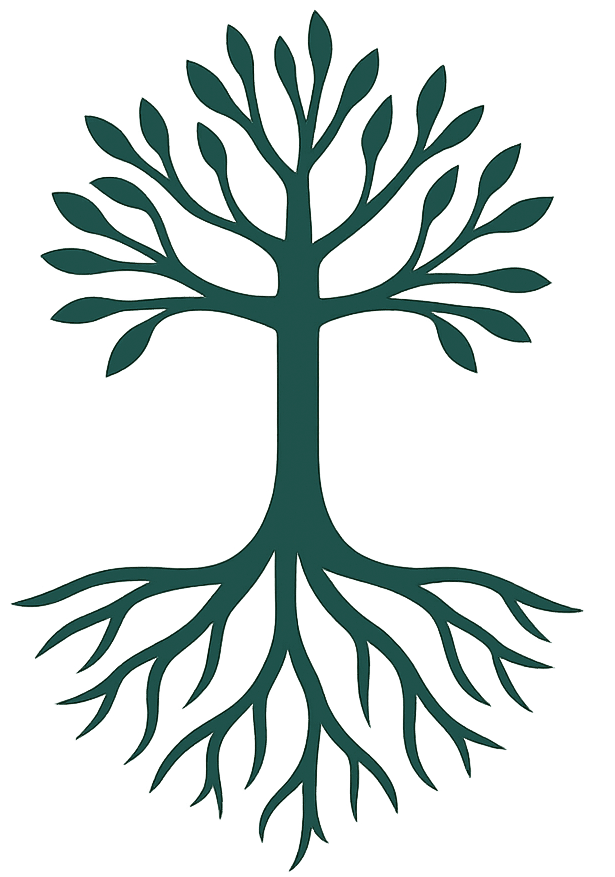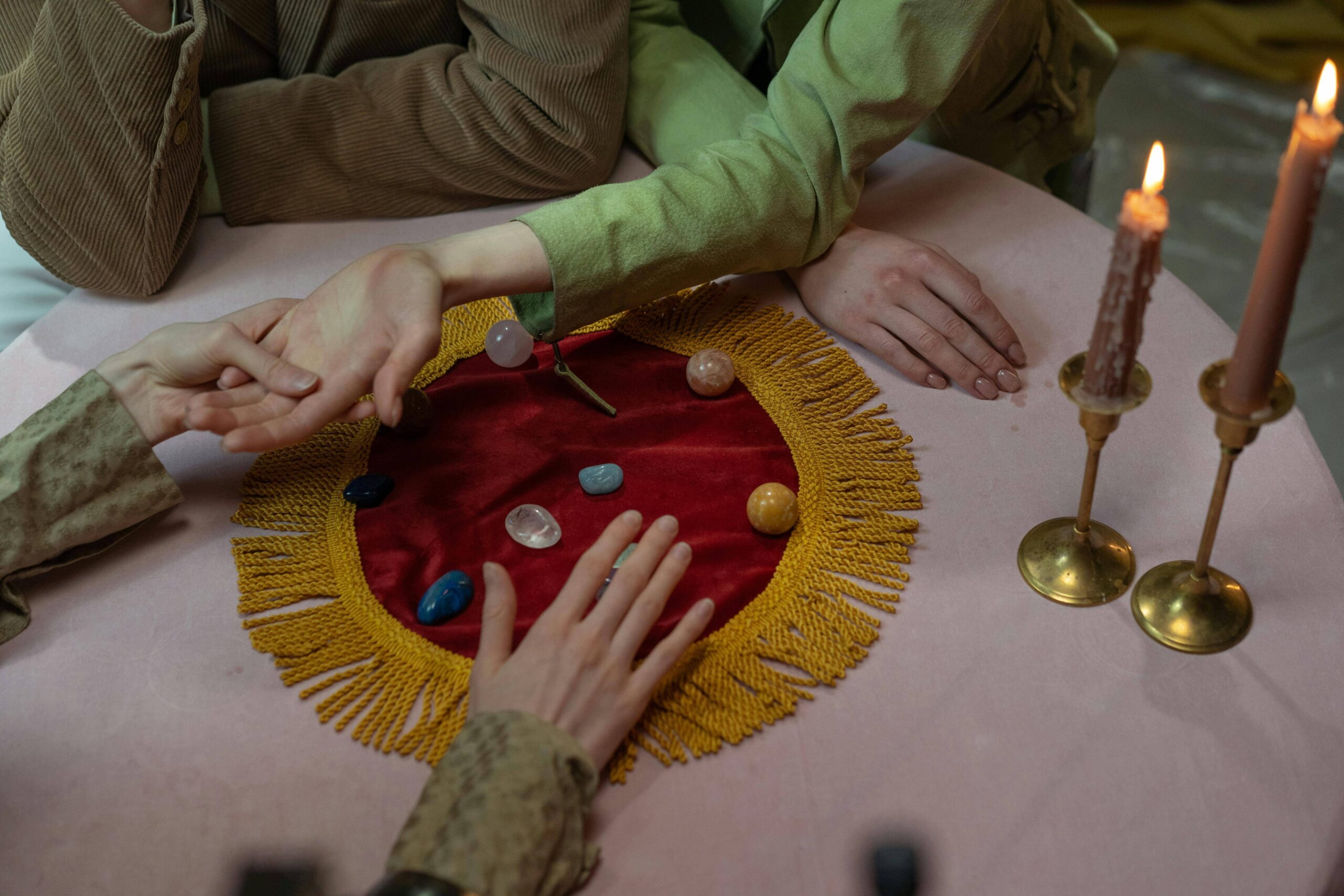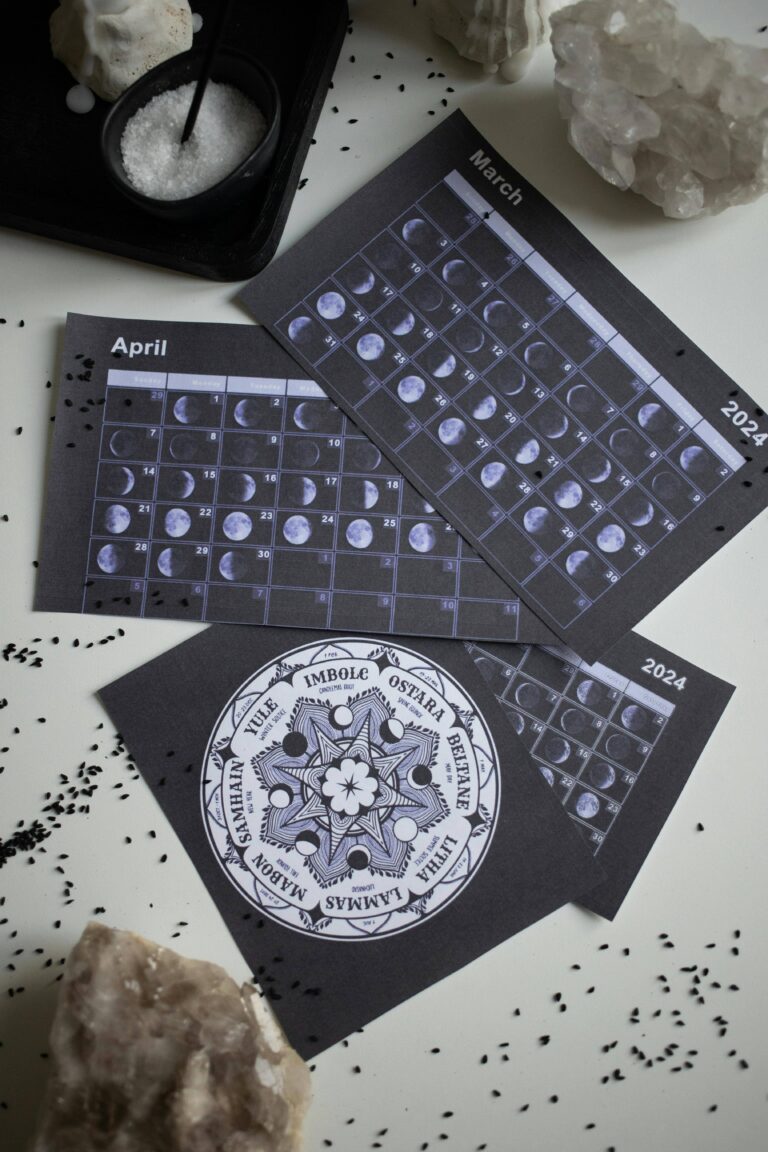Engagement Project 2025
For my engagement project, I interviewed a follower of Pagan-based practices who works as a floor manager for a pagan-based store, supplying resources to help in the practice of magick. The following is a written report of our interview.
How would you identify yourself religiously, and what drew you to it?
My interviewee identifies as a Norse Pagan. She knows multiple Wiccans. She was raised Methodist, and over the last 4-5 years, she looked into Norse Paganism. Norse mythology first interested her, and after diving into it, she started working with some of the deities. She liked their morals that aligned with her own, such as being kind, honest, and taking pride in her work.
How would you introduce someone to Wicca who’s never heard of it before?
The first thing she would do is determine what kind of witch the seeker is. There are Green, Kitchen, White, and Black Witches. Green focuses on plant magick. Kitchen focuses on intentional cooking. White focuses on energies. Black focuses on reactionary spells, tit for tat. Depending on their interests, she would recommend which route they may relate to best.
From my interviewee’s perspective, Wicca is an introduction to Paganism; it takes the dogma of organized Christian religion and makes it more Paganistic. I asked, “Is Wicca a bridge for someone from Christianity who is interested in magick? Are there steps after Wicca?” She strongly agreed, stating that Wicca is a bridge into Paganism, believing there are multiple ways of thinking than just the Bible. A lot of people like the idea of “doing the craft,” but aspects of Christianity demonize it. So, if you’re Wiccan, a new world opens up to you where magick is acceptable.
What would you recommend for a beginner to Wicca?
In any spirituality, it’s important that you practice to exact your own power and not put it in an external force. The craft is done intuitively with many different routes. If something feels good, lean into it, and if not, then don’t.
Another suggestion was to read any book by Scott Cunningham. He moved the focus of Wicca from covens to solo practitioners. My interviewee asserted that there are more solo practitioners in Wicca nowadays because the reason they leave Christianity is to get away from people telling them what they can and cannot do. A coven may restrict them, and they do not want to be capped in any way.
What is the biggest reason people come into the store for?
The four main sections are their apothecary, candles, stones, and tarot and oracle card divination.
Why do you think people are interested in Wicca?
My interviewee stated that people want to get away from organized Christian religion. It’s an exodus from Christianity into something else. I asked, “Just Christianity? Or would you include Islam?” She said it was a good question, but she could not speak to it.
People want to use their personal power. People are finding less value in looking to external forces for guidance. I said, “Reaching out to a god/goddess isn’t an external power because that power is already inside you.” She agreed but said some people’s belief varies. You call on the power, but you summon it from within you. You manifest it by working with a deity that already has that energy. With so many energies coinciding between the different pantheons, she doubts they can all exist, but the energy does. The deities are not external forces; rather, they are energies that can be worked with. She agreed when I said, “It is the same energy wearing different faces of gods.”
Featured photo courtesy of cottonbro studio via Pexels. Used for educational purposes under fair use.






